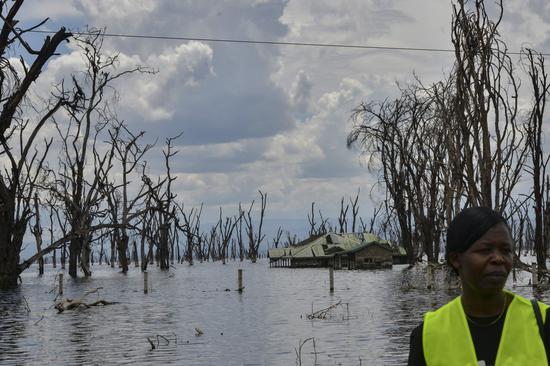
A visitor is seen near a partially submerged building at the former entrance of Lake Nakuru National Park in Nakuru County, Kenya, on Nov. 4, 2022. (Photo by Sheikh Maina/Xinhua)
Hans Kluge, regional director for Europe at the World Health Organization (WHO), called the current response to climate change "dangerously inconsistent and far too slow" in a statement on Monday.
"Climate change and the crises it has triggered have long been clear health emergencies. WHO and (its) partners have long sounded the alarm," Kluge said, urging participants of the current United Nations Climate Change Conference (COP27) in Egypt to act faster and more coherently.
To avoid increasing exposure and vulnerability to heatwaves and other extreme weather events, Kluge called for drastic adaptation and mitigation measures that could tackle climate change and improve individual, societal and planetary health.
According to Kluge, the devastating wildfires that hit Europe last summer had caused the highest carbon emissions since 2007, "polluting our air, killing many people."
He warned that extreme temperatures caused heat stress, which had become the leading weather-related cause of death in Europe.
Based on country data, the WHO puts the number of heat-related deaths to 15,000 in 2022, Kluge said.
Last year, high-impact weather and climate events like floods and storms directly affected over half a million people, he said.
Kluge cited a report from the World Meteorological Organization (WMO), saying that Europe was the fastest-warming region in the world, where extreme temperatures had accounted for over 148, 000 lives lost in the last 50 years.
According to Kluge, his organization intends to "use the collective power of WHO member states to (...) integrate health into any climate change plan".
"We need to do it now if we are to prevent the climate crisis from turning into an irreversible climate disaster for our region and our entire planet," he said.










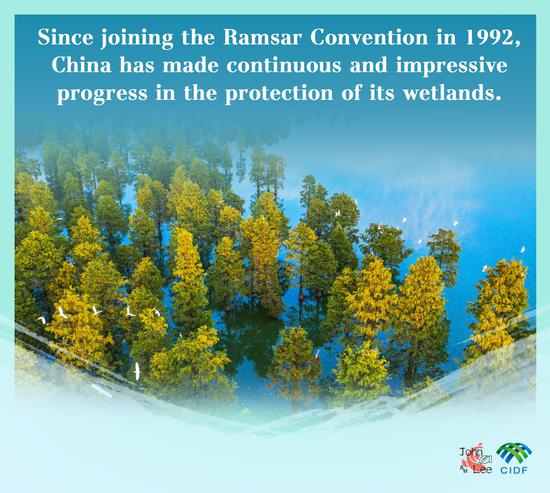













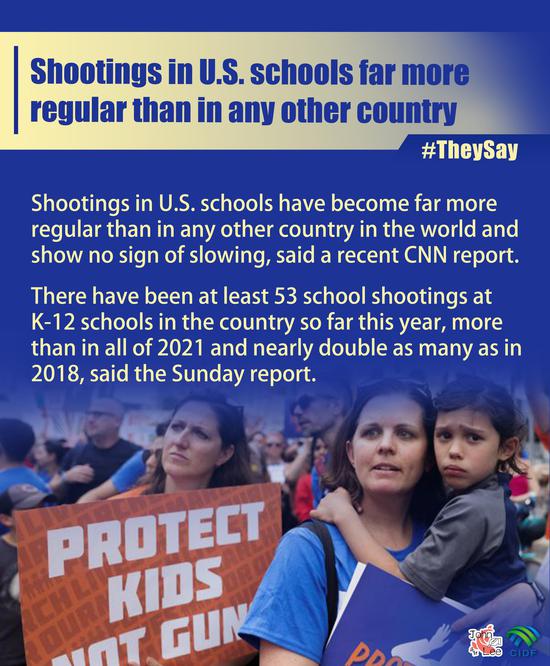
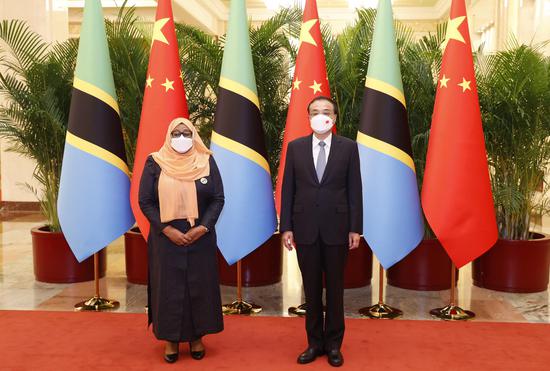








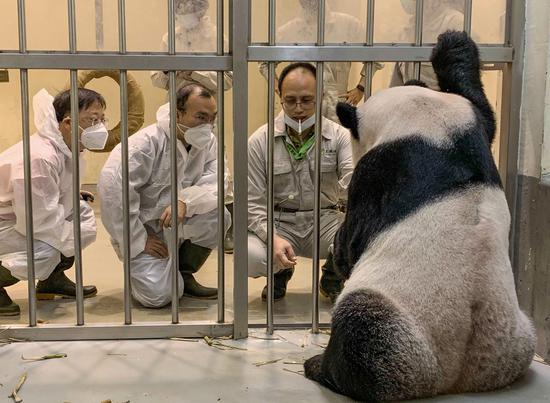






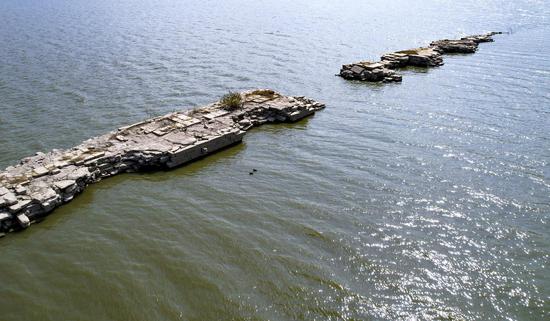
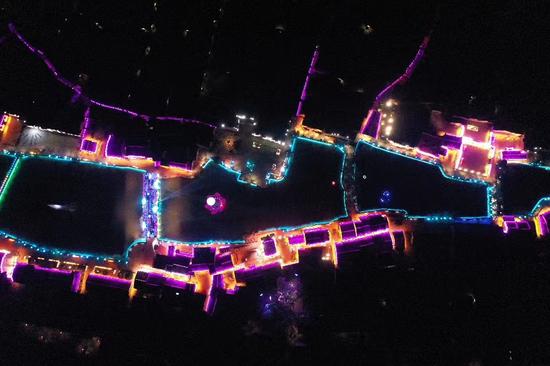

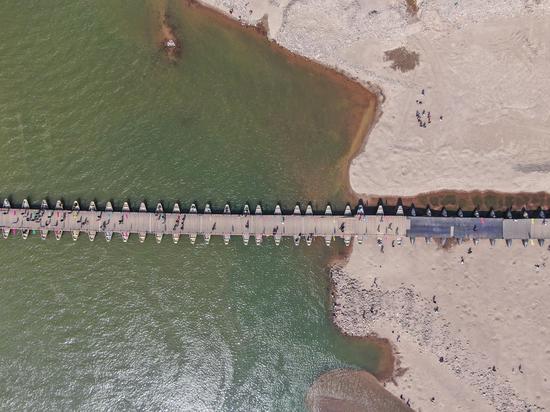





 京公网安备 11010202009201号
京公网安备 11010202009201号